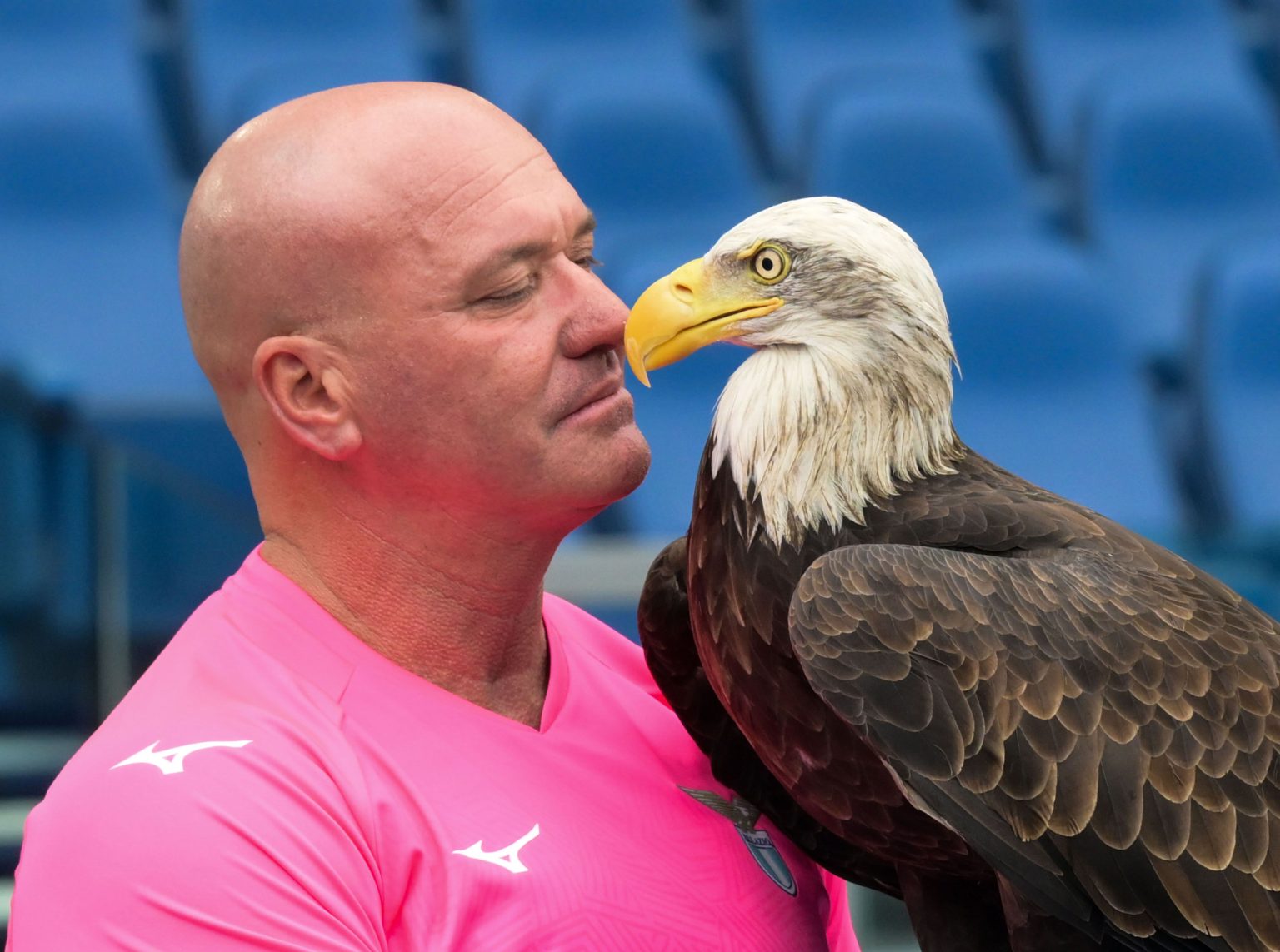The dismissal of Juan Bernabe, SS Lazio’s falconer, sparked controversy and highlighted the complex intersection of personal expression, social media, and professional conduct. Bernabe, responsible for handling the club’s symbolic eagle mascot, Olimpia, underwent penile implant surgery and subsequently shared images and videos of the results on his private social media account. While intended for a limited audience, the post quickly circulated among Lazio fans and ultimately reached club officials, leading to his immediate termination. Lazio’s official statement expressed shock and disapproval of Bernabe’s actions, citing the “seriousness of his behavior” as the reason for severing ties. The incident underscores the increasing scrutiny individuals face in the digital age, where even private posts can have significant professional repercussions. It also raises questions about the boundaries of personal expression and the extent to which employers can regulate employees’ online activities, even those occurring outside of work hours.
The subsequent interview given by Bernabe on the radio show La Zanzara further fueled the controversy. He defended his decision to share the post, arguing that it was on a private account and that he saw nothing pornographic about the image. He explained the surgery as a means to enhance his sexual performance, emphasizing his active lifestyle. Bernabe also touched upon his upbringing in a naturist family, suggesting that his views on nudity and the human body differ from those held by Lazio officials. His additional comments on feeling more masculine while working for the club and his admiration for Benito Mussolini added another layer of complexity to the already contentious situation. These statements, coupled with the initial post, painted a picture of Bernabe that clashed with the image Lazio wished to project, ultimately solidifying their decision to terminate his employment.
Lazio’s response to the situation reflects the growing importance of brand image and public perception in professional sports. The club’s statement emphasized the symbolic significance of the eagle, Olimpia, and the incompatibility of Bernabe’s actions with the values and traditions they sought to uphold. The loss of the eagle for the next few home games was acknowledged as a painful consequence for fans, yet the club maintained that severing ties with Bernabe was a necessary step to protect its reputation. This incident serves as a reminder of the potential damage that individual actions can inflict on an organization’s brand, particularly in the age of instant communication and viral content. It also highlights the difficult balance that organizations must strike between respecting employees’ personal lives and safeguarding their own interests.
The Bernabe incident also reignites the debate surrounding social media use and its impact on professional life. While the post was initially shared on a private account, its rapid dissemination demonstrated the porous nature of online privacy. The case underscores the need for individuals to be mindful of their online presence and the potential consequences of sharing sensitive information, even within seemingly restricted circles. It also raises questions about the responsibility of social media platforms in managing the spread of private content and the extent to which they should intervene in such situations. The blurring lines between private and public online spaces create a complex landscape for both individuals and organizations, necessitating careful consideration of the potential ramifications of online activity.
Beyond the immediate controversy, the Bernabe case raises broader questions about societal norms and evolving attitudes towards sexuality and the human body. Bernabe’s defense of his post and his assertion that nudity is normal reflects a changing cultural landscape where discussions about these topics are becoming increasingly open. However, the incident also demonstrates that these evolving attitudes are not universally accepted and that differing perspectives can lead to conflict, particularly in professional settings. The clash between Bernabe’s personal beliefs and Lazio’s organizational values highlights the ongoing tension between individual expression and societal expectations. This tension is likely to persist as societal norms continue to evolve and the boundaries of acceptable behavior are constantly renegotiated.
In conclusion, the dismissal of Juan Bernabe from SS Lazio serves as a multi-faceted case study with implications for social media conduct, professional ethics, and evolving societal norms. The incident underscores the potential consequences of online activity, even within private settings, and highlights the increasing importance of brand image management in the world of professional sports. It also raises broader questions about the boundaries of personal expression, the role of social media platforms in managing private content, and the ongoing evolution of societal attitudes towards sexuality and the human body. The Bernabe case serves as a cautionary tale for both individuals and organizations navigating the complex landscape of the digital age.


